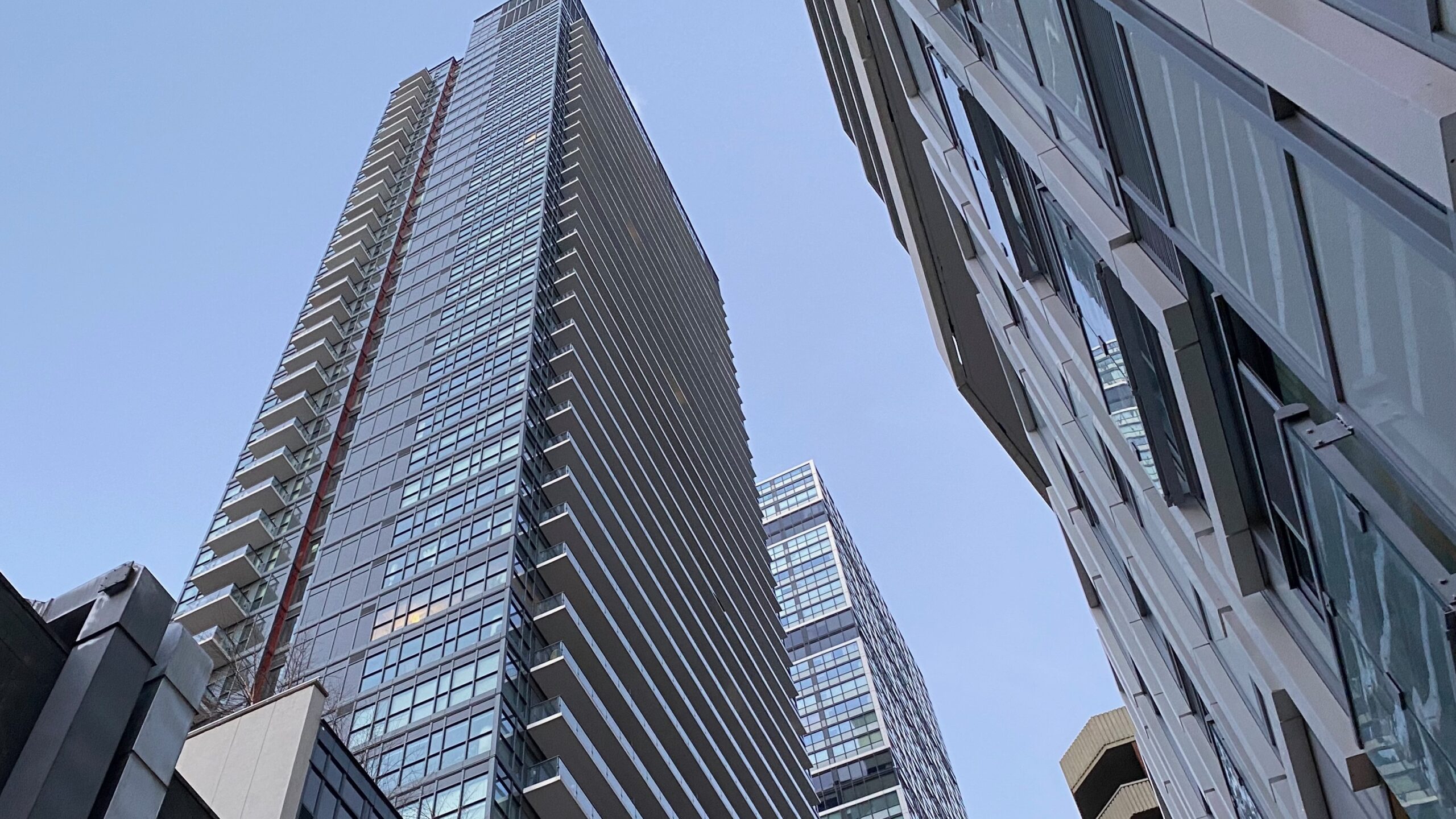Zhara Shafikhani, who rents a one bedroom apartment downtown Toronto, said he worries that landlords will raise her rent higher than expected.
She said her small apartment is regulated to increases of 1.2 per cent. But Shafikhani was planning to look for another rental unit this year and is afraid she might be priced out of the market because of increases.
“I wanted to look for a newer place this year, but with the rising prices and uncertainty right now, I don’t think I will,” Shafikhani said.
Shafikhani wonders why the government allowed pandemic support to end and also not bolster Employment Insurance.
“I don’t get why the government isn’t continuing to help people while the pandemic continues,” she said.
Ontario’s rent freeze ended Jan.1 after prohibiting landlords from raising rent due to the COVID-19 pandemic during 2021.
At most, a landlord can only raise rent by 1.2 per cent for 2022 and can only raise a tenant’s rental price once every 12 months.
However, If a landlord wants to boost rent by higher than 1.2 per cent, they must submit an application to the Landlord Tenant Board, which approves or denies the increase to the tenant.
Ontario uses the Ontario Consumer Price Index, which measures annual inflation and economic conditions, to determine the guidelines for the following year, including rental prices.
But tenants in newer units built after November 2018 may have a different situation.
“The 1.2 per cent increase law does not apply to units built after Nov. 15, 2018, which are considered outside rent control,” said Mark Weisleder, a GTA real estate lawyer with Real Estate Lawyers LLP.
“If someone in an older home now creates a brand new basement apartment that was never previously used as an apartment, then the basement apartment would also be outside rent control,” Weisleder said.
However, there might be ways around this, he said.
“When signing a lease in a newer building, include a clause that the maximum the rent can be raised any year is, for example, five per cent,” Weisleder said. “However, if it is a bidding war for a rental, the landlord will likely not accept this.”
Rental prices, if approved, would not automatically be increased. A landlord must provide a written notice to the tenant 90 days before the rent is increased.
It’s possible for tenants to negotiate rents with the landlord, said Janet Deline, spokesperson for Tribunals Ontario.
“The role of the Landlord and Tenant Board is to resolve disputes between landlords and tenants through mediation,” she said.
“If either the landlord or tenant believes that there has been a breach of the Residential Tenancies Act, they may file an application with the Landlord and Tenant Board and the matter will be determined by an adjudicator based upon the evidence and submissions provided at the hearing by the parties,” Deline said.
She said the Landlord and Tenant Board can only consider, with a few exceptions, an application if the landlord and tenant have already entered into a tenancy agreement.

